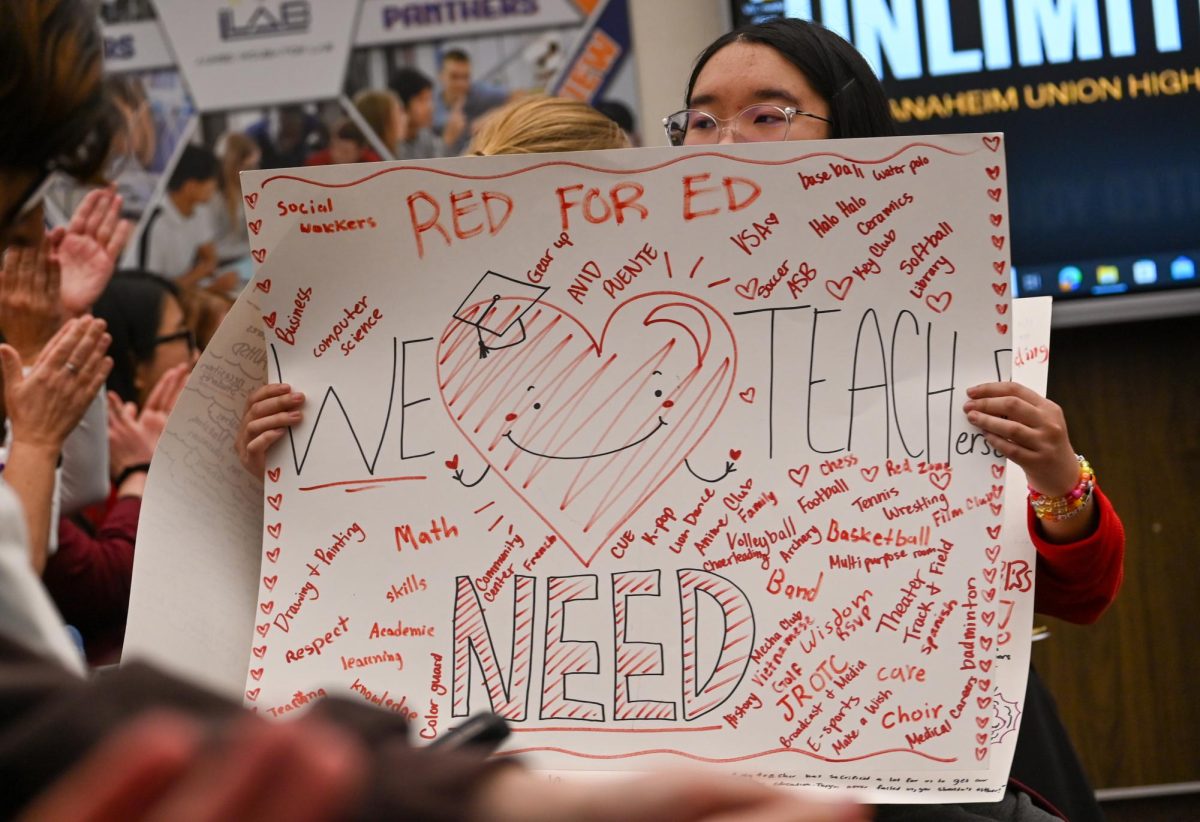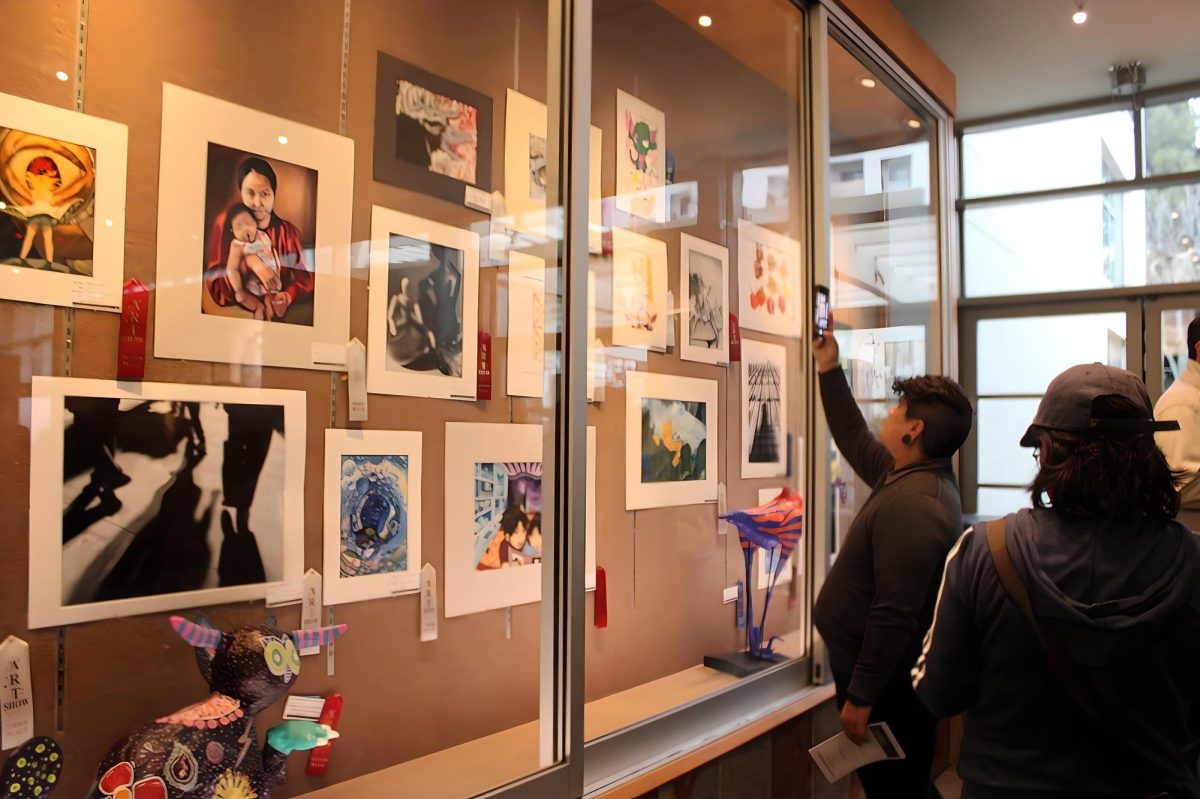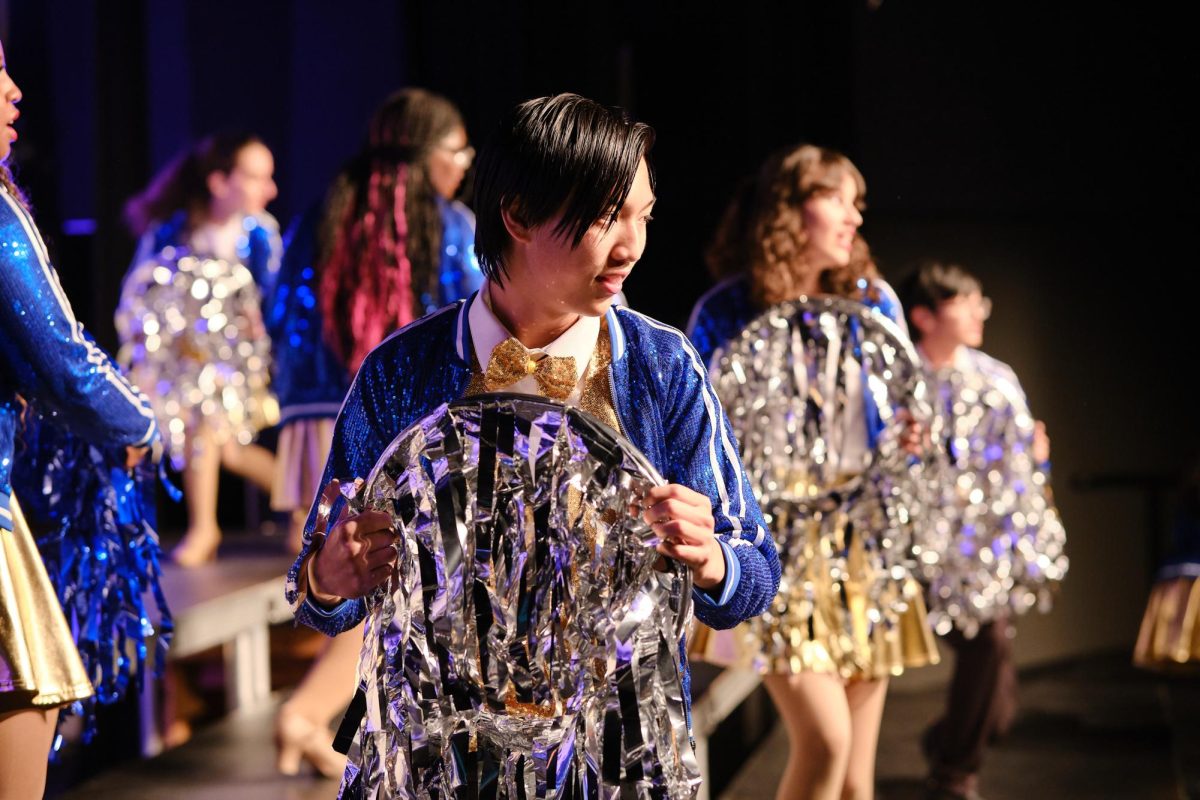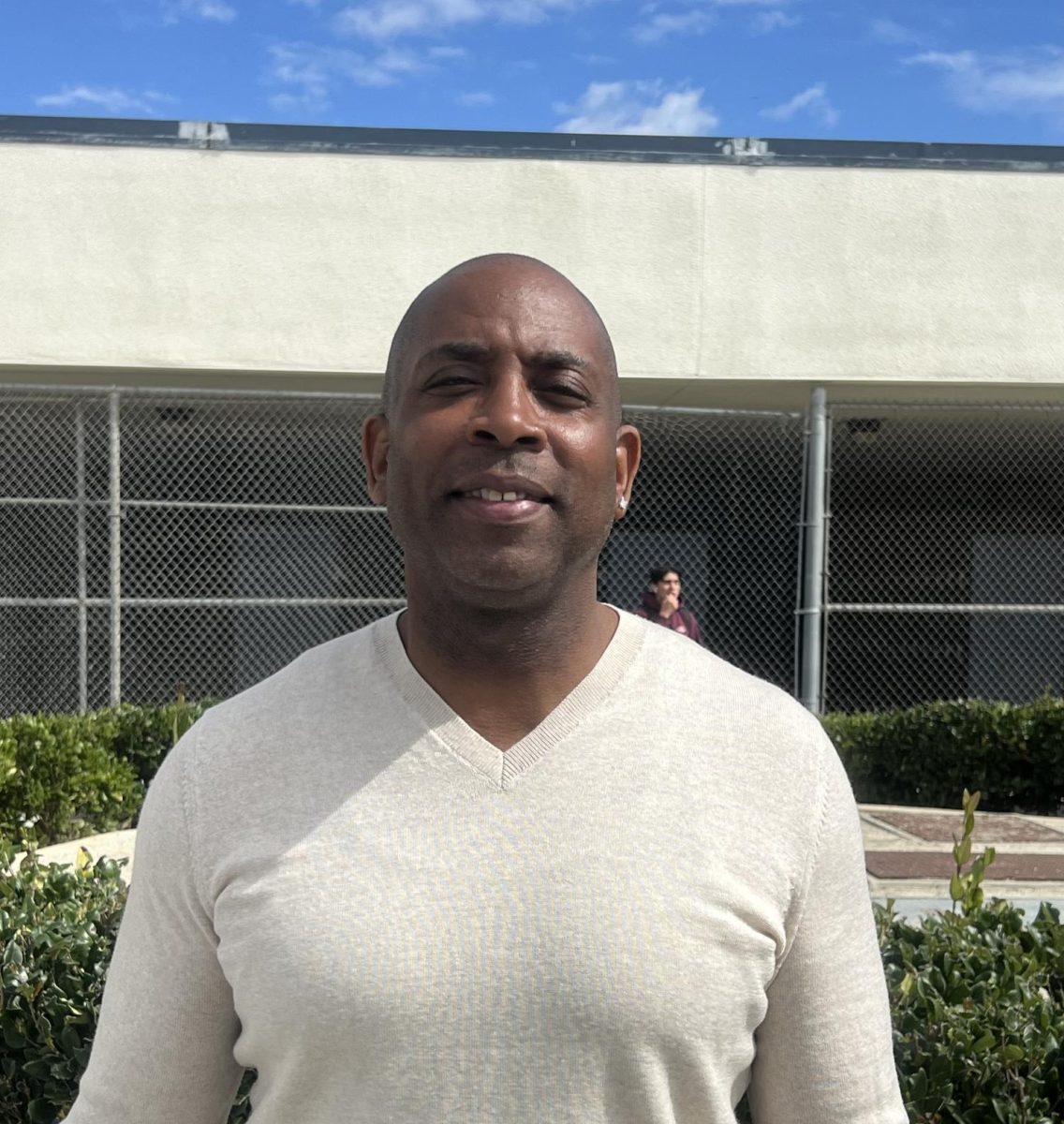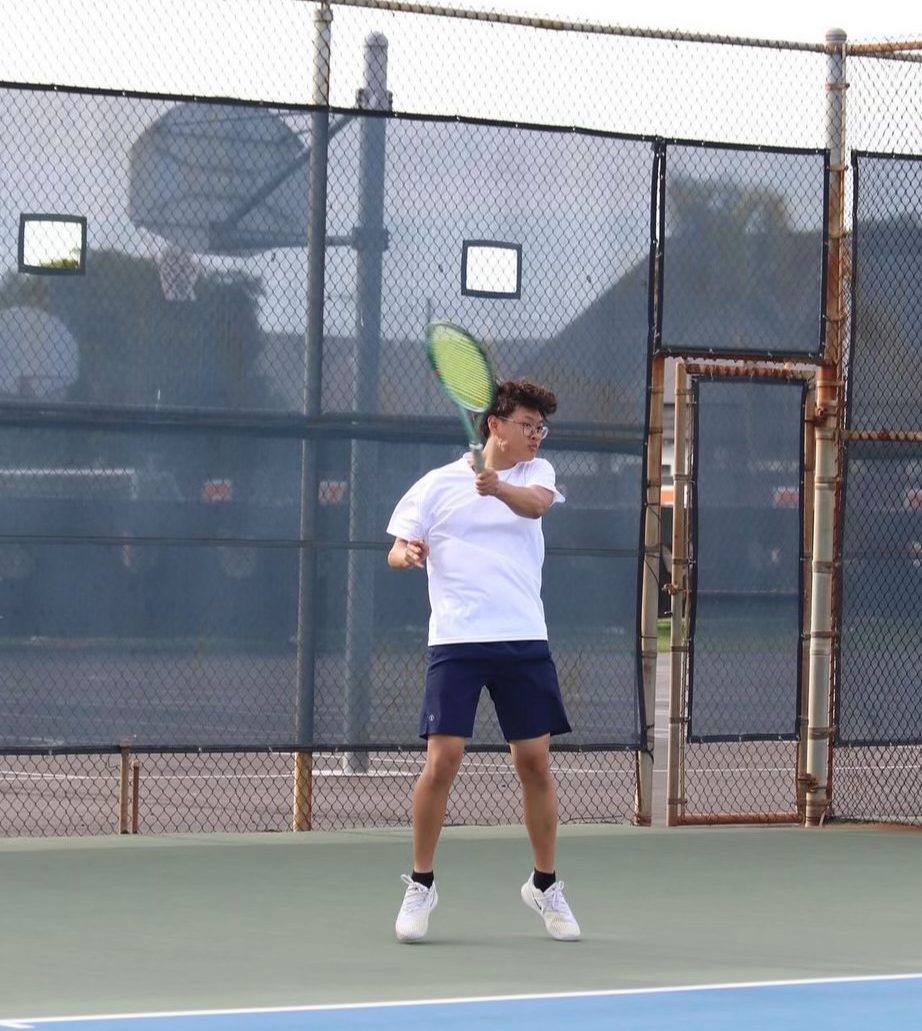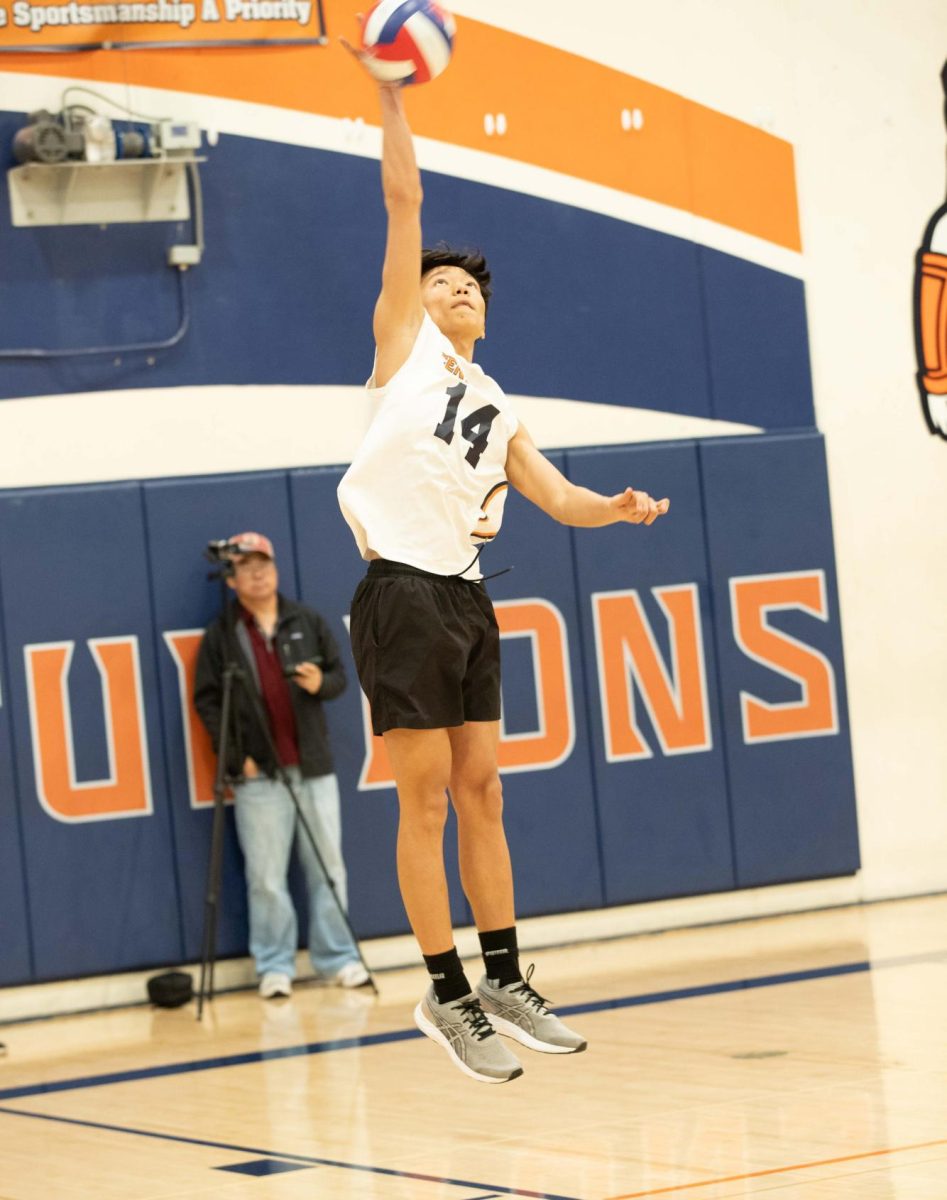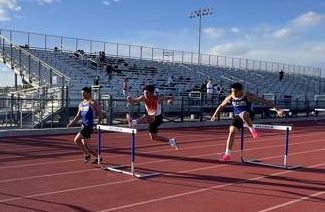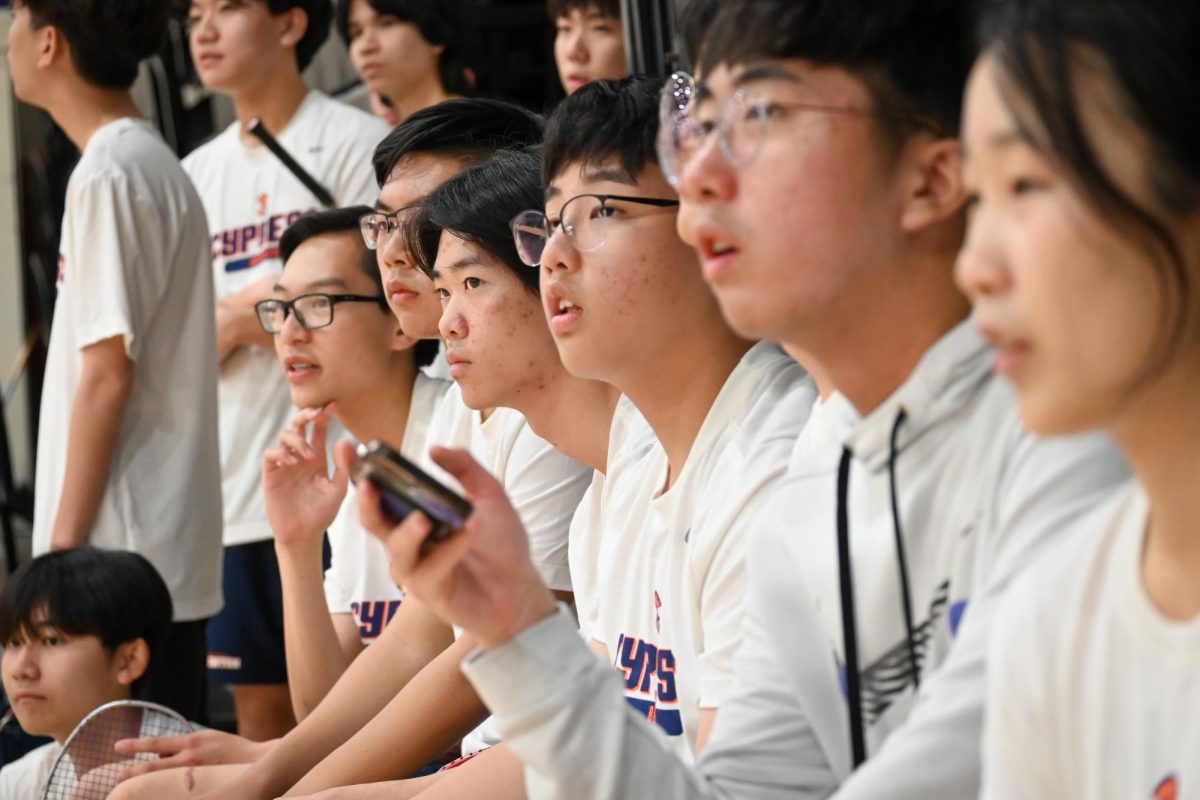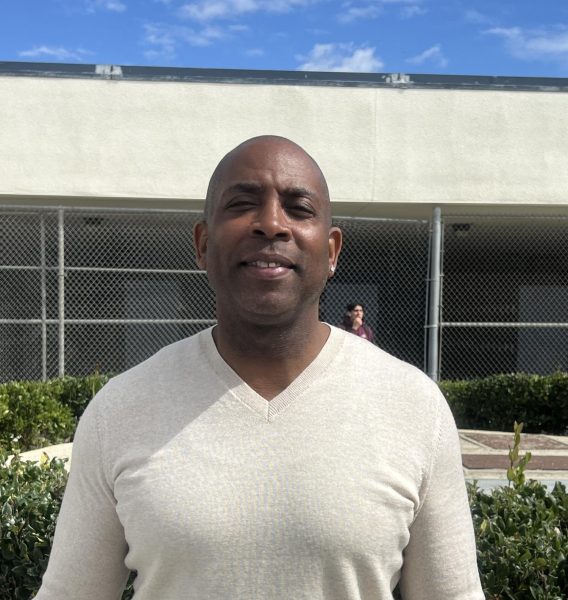Cypress Staff in the Times of COVID-19
October 1, 2020
As students, we realize how the COVID-19 pandemic has affected our friends and peers. From staying at home to starting online school, we know how heavily this pandemic has changed our lives. Most of us don’t go out to see our friends, limiting how often we go outside. School is online, so we don’t get to see our peers and teachers in person. Many have seen a close acquaintance become diagnosed with COVID-19. Some have parents/guardians who are essential workers. These changes were detrimental to our daily lives; they changed the way we live and see the world. But what about the staff at our school? What was the transition to online learning like for them? How have their lives changed since the pandemic? How have their jobs changed?
In a survey given to Cypress High School staff members by the Centurion Spotlight, we set out to find those answers. Some people’s lives have changed drastically, while others were able to live out a lifestyle that undertook little to no change.
General Overview:
Most of our staff said they are working more during the pandemic. Prior to it, 90.7% of our respondents worked 30+ hours a week, and 9.3% worked 20+ hours a week. Now, 92.6% work 30+ hours a week, and 7.4% work 20+ hours a week. A majority of our staff (roughly 75%) still go back to school to work. The ~25% who don’t go to school to work are mostly teachers.
As for living situations, we saw a wide range of answers. Some staff saw little to no change in their lifestyle saying, “Our living situation is the same, we are just home all the time with each other.” Others experienced a drastic change to their daily lives. One staff member tells us, “I have had to rearrange my house so that I have quiet spaces to work for me, my husband, and my daughter who is in school, while also keeping my twins entertained and learning (they are in preschool). Everyone has become a lot more independent, but also very isolated in their work day.” Another reflected on their time in the pandemic saying, “I haven’t been able to have friends over, we had a roommate who was a high-risk person. We had to really keep people away from the house.”
Assistant Principals:
In our survey, we found that our assistant principals have a larger workload compared to before the pandemic. One says, “I noticed that I have more meetings than ever before and they tend to last longer than when in person.” Another tells us, “It’s a lot harder and there are 3x as many emails (and some of them are REALLY long). As an assistant principal, I am used to working directly with students on their issues or on conflicts. This is a lot harder virtually.” The lack of physical student presence has also changed the way our assistant principals work. “[It’s] very strange. The campus feels abandoned.”
Teachers:
With our teachers, the answers we received had a wide range of variations. A smaller percentage of educators found the transition to online learning extremely easy. On the other hand, the majority had and are still having a very difficult time trying to get the hang of online learning, and the reasons why scaled from physical to emotional dilemmas many teachers were battling. “Because of distance learning it takes triple the time to lesson plan, so that takes away from spending time with family or friends,” says one teacher. Another recalls online learning saying, I don’t get to know the students well. It is harder to tell if students understand what is being explained.” The lack of physical student presence has also affected all of our teachers. One says, “ [It’s] a ghost town! It makes me sad, lonely and I miss [students’] energy a lot!” Some classes require the presence of a person to learn the material, and online learning makes it extremely difficult for teachers to adhere to that. An instructional aide said in our survey, “I work with special ed. adults and they really need us to be physically with them so that they can be working on all their various goals. Working online is very difficult in getting their attention and working on behaviors.” Subjects such as choir are having a difficult time as well. “Teaching choir requires a lot of in-person teaching. My job has completely changed.”
Lunch Workers:
As our school is still offering meals to students, lunch workers haven’t seen too much change with the way they work their jobs. All still go to school every day and have around the same work hours. The key difference lies with student population. One lunch worker tells us, “[There are] no students on campus so [we’re] feeding a lot less.”
Secretaries/Library Media Technicians/Health Technicians:
From working both at home and still at school, our survey showed that our secretaries actually are working in a hybrid model, usually working at our school “three or more days a week,” tells one of our secretaries. They go on saying, “It is still busy, but I miss the students coming in and out of the office. I miss helping them. There is more communication with parents by email than by phone.”
As for our librarians, one told us that they go to work every day. “[There are] more safety procedures as well.” With most of our staff members, the absence of student presence has drastically changed their jobs, and our librarians are no exception. One tells us, “I miss their faces!!!! Cypress students make every day being here so much better!”
When talking to our school’s health workers, we found that one of the biggest obstacles for them was how they were going to transition everything to an online format. While recalling the differences of their job before and during the pandemic, one health worker says, “BEFORE: I actually had students sick in the health office. DURING: All contact is by phone or email. New students had to scan and send in immunization records for me to screen, then send notices to parents if a student needed a shot.”
Counselors:
Our counselors are having a hard time getting to know their students, especially the new 9th graders, and being online seems to be the hardest problem. When a student has trouble, the intimacy of a face to face conversation can be extremely beneficial, but as we all know, that’s not possible. As one counselor says, “[It’s] depressing – I enjoy working with my students; that’s why I became a school counselor. Students are in so many ways the life of a school.” Another says, “I don’t have easy/quick access to meet/talk/work with students in this environment.”
Tech Support:
According to the results of our survey, it seems that our staff in tech support have seen few changes to their job. One tells us, “I mostly work with faculty/staff & not really with students, so it hasn’t been much different…other than that it’s quieter on campus.” Ringing true, there are still differences that tech support workers saw with their jobs, the biggest being the increase of workdays and hours.
Final Conclusions:
As we have seen change in our daily lives as students, the same goes for our staff members as well. Everyone is seeing adjusting to this new environment, and today, we were able to take a look at how these changes have affected our staff members. From technical difficulties to the lack of human interaction, it’s important to realize that we’re all facing adversities in these difficult times, but as one staff member replies in our survey, “We must keep marching forward.”


